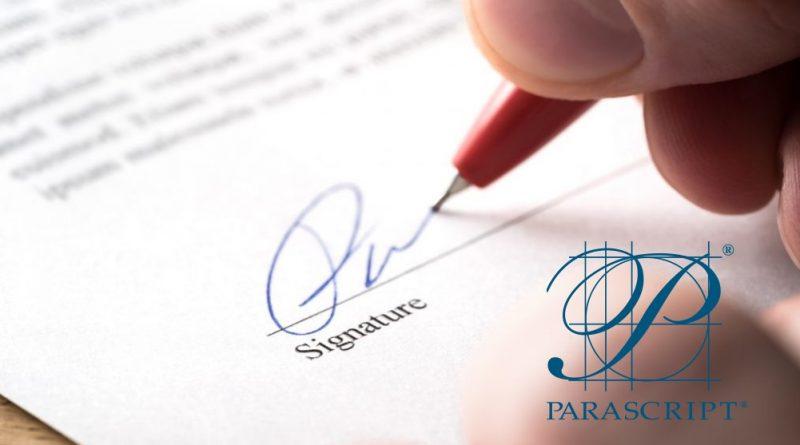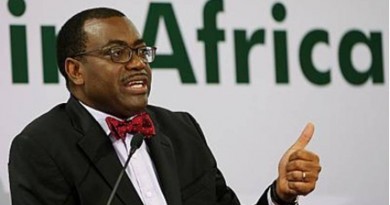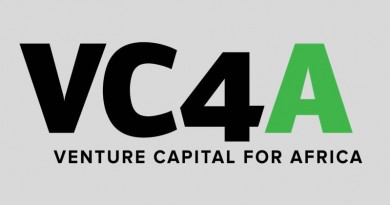Sumsub launches verification platform in Nigeria, South Africa, Ghana and Kenya
Today, Sumsub announced that South Africa, Nigeria, Kenya, and Ghana can now use its Non-Document Verification service. The launch, according to the full-cycle verification platform, intends to assist clients in reaching more than 350 million potential users. Additionally, it is the first document-free verification system in Africa, which helps businesses avoid identity theft, comply with KYC/AML standards, and enroll users with ease.
Non-Doc Verification is designed for companies in the regulated and unregulated industries, such as fintech, gaming, e-commerce, mobility, cryptocurrency, social media, and telecommunications. Sumsub’s clients have witnessed a 44% boost in pass rates, averaging 96.5%, with user verification taking less than 5 seconds.
Accompanying user onboarding, compliance, and anti-fraud, Sumsub is the only vendor in Africa to offer businesses a genuinely global, single-platform KYC/AML solution. Launched in 2022, Non-Doc Verification allows users in the area to sign up instantaneously without having to scan any documents. Their national identifying number, which can be found on an ID, passport, driver’s license, voter card, etc., is all that is required.
Users might also be required to complete Sumsub’s facial recognition check, which compares their biometric information with an official record photo, depending on the identity reference they have given. Sumsub uses banking and government sources to provide this blazingly quick verification process.
Concerns about identity fraud are becoming more widespread among Middle Eastern and African (MEA) citizens and enterprises. The rate of identity fraud in Ghana increased from 2022 to 2023 by more than double (from 0.64% to 1.74% of all verification tests), according to the Sumsub Identity Fraud Report 2023. Nigeria and Kenya, with respective fraud rates of 2.95% and 3.20%, were two of the top three MEA nations.
The average annual increase in AI-driven deepfakes in the region is 450%. Leading the pack are Nigeria, up 700%, and South Africa, up 1200%; together, these two nations are responsible for 31% of all attacks in the region.
Africa is confronted with a number of urgent issues, including a significant risk of noncompliance and money laundering that might cause enormous financial losses. Africa loses $50 billion a year to money laundering, according to estimates from the Economic and Financial Crimes Commission (EFCC). In 2023, South Africa and Nigeria were added to the European Commission’s list of high-risk third-country jurisdictions.
The challenges faced by businesses operating in Africa are exacerbated by the reported high cost of typical know-your-customer (KYC) procedures and the sometimes poor quality of the papers users supply for onboarding. Not to mention the heightened danger of identity fraud leading to higher regulatory attention, the impact on user conversion in a competitive environment where user experience is critical can result in significant losses.
“Non-Doc Verification, which is currently offered in several African nations, has many benefits for companies operating in the area. It guarantees AML compliance and strong fraud prevention in regulated industries like banking, payments, or cryptocurrency,” says Hannes Bezuidenhout, VP of Sales for Africa at Sumsub.
“Document-free verification offers reduced user drop-off rates and increased conversion rates for unregulated businesses like social media platforms and marketplaces since it streamlines the onboarding process. The advantages of document-free verification, such as lower operational onboarding costs and quicker service access, are available to both regulated and non-regulated businesses.




